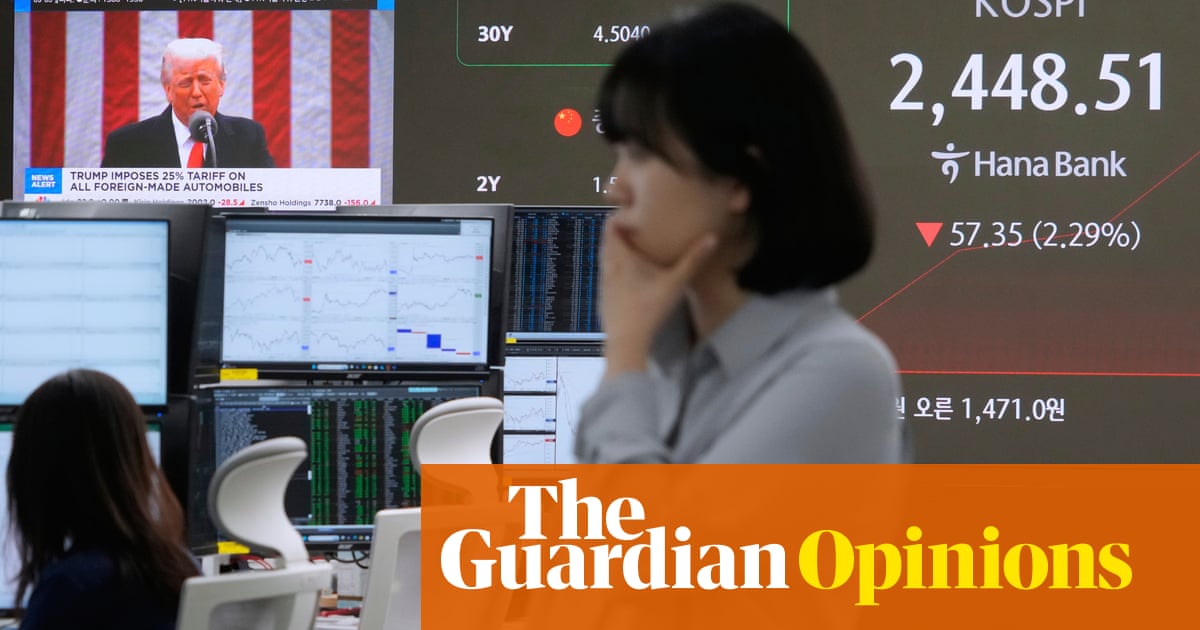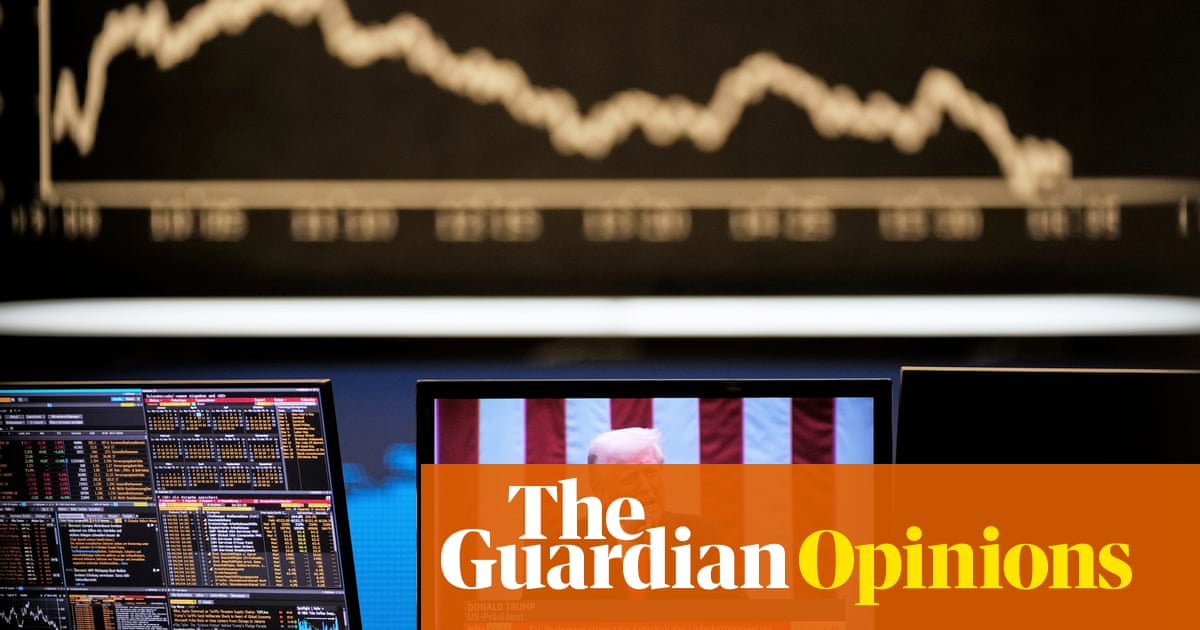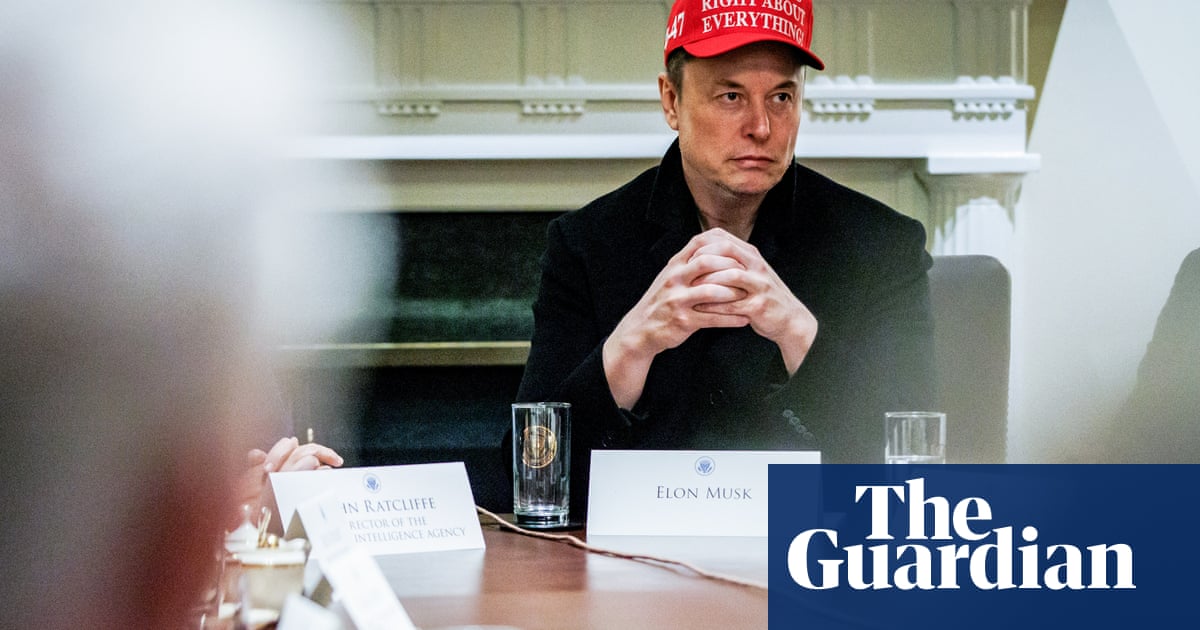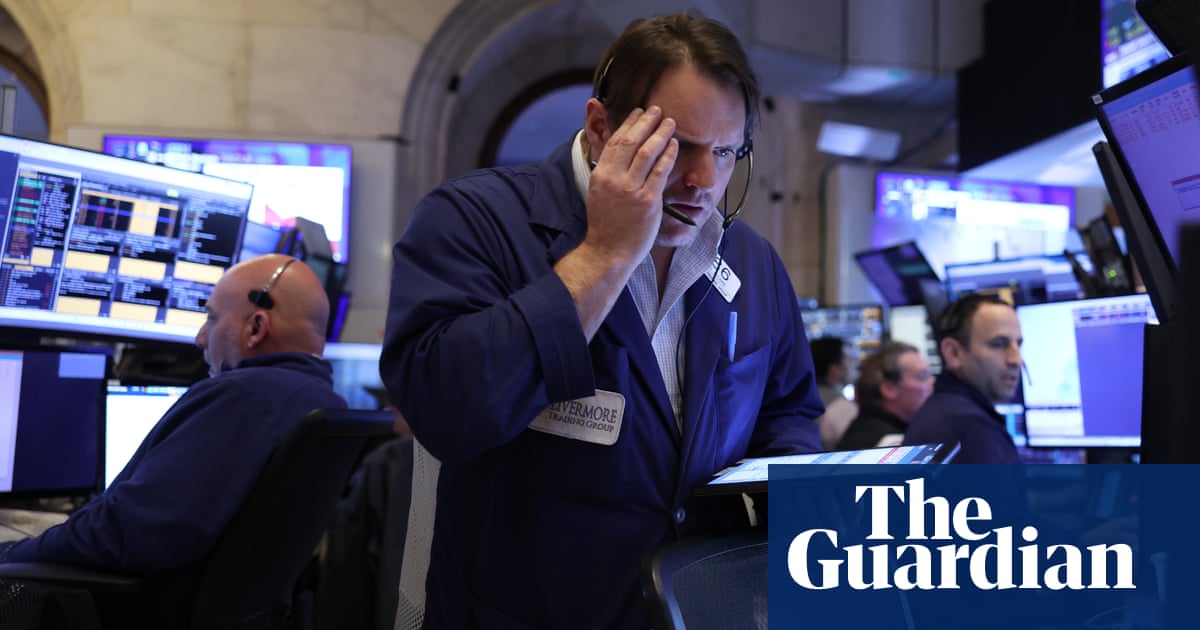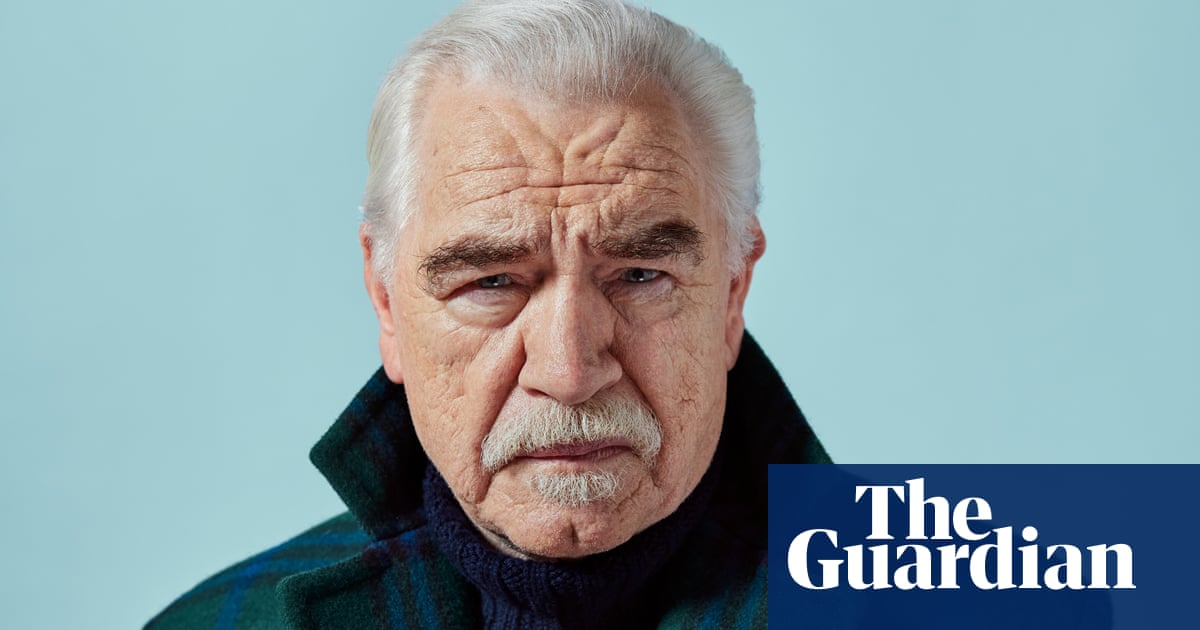Canada’s exemption from Donald Trump’s global tariffs was “like dodging a bullet into the path of a tank”, say business leaders as other levies are poised to hit key industries that drive the country’s economy.
In a theatrical unveiling of tariffs on countries with “unfair” practices on Wednesday afternoon, Canada was noticeably absent, alongside trade ally Mexico.
But speaking speaking to reporters on Parliament Hill, prime minister Mark Carney said 25% tariffs on Canadian steel and aluminum, as well as on automobiles, will come into effect within hours.
Canada would “fight these measures with countermeasures” he said, ahead of a meeting with cabinet ministers. “In a crisis, it’s important to come together. It’s essential to act with purpose and with force and that’s what we’ll do.”
Already, Canada had put a 25% tax on C$30bn ($21bn) worth of US goods in response to Trump’s tariffs. Among the products targeted are spirits, wine and orange juice – items meant to inflict targeted economic pain. The federal government has repeatedly pledged to keep its retaliatory measures until the US lifts all levies on Canadian products.
Carney warned that while Trump had preserved key elements of the bilateral relationship, the global tariffs announced earlier in the day “fundamentally change the international trading system”.
The prime minister is expected to outline the next stages of Canada’s response on Thursday. According to the prime minister’s office, a meeting of Carney’s cabinet will follow. The Liberal leader is also expected to meet virtually with Canada’s premiers.
Flavio Volpe, president of the Automotive Parts Manufacturers’ Association posted on social media the result was “like dodging a bullet into the path of a tank”.
“The. Auto. Tariff. Package. Will. Shut. Down. The. Auto. Sector. In. The. USA. And. In. Canada,” he wrote. “Don’t be distracted. 25% tariffs are 4 times the 6/7% profit margins of all the companies. Math, not art.”
Candace Laing, head of Canada’s Chamber of Commerce said in a statement the world was “waking up today to a reality that Canada has been living with for months” and that the tariffs mean businesses around the world “have had their uncertainty expanded … chain reaction of tariffs and counter-tariffs will have a real and distressing economic impact on Americans, Canadians and the global economy.”
It is unclear the extent to which an “extremely productive” telephone call between Trump and Carney last week influenced the decision to grant a reprieve to Canada. The call, requested by the White House, was the first time the two leaders have spoken since Carney became prime minister on 14 March.
Carney had previously said he would not speak to the president until Trump showed respect for Canada’s independence. “I’m available for a call, but we’re going to talk on our terms. As a sovereign country – not as what he pretends we are – and on a comprehensive deal.”
The sprawling tariffs, some of which apply to remote and uninhabited islands, have rattled markets and Canadian officials were planning for levies that could devastate manufacturing hubs and resource-based economies.
“The positive thing that I saw was we weren’t on that list,” Ontario premier Doug Ford told reporters at Queen’s Park. “Let’s hope that there’s some positive news coming.”
The much-hyped announcement from the White House has already thrown a wrench in the federal election campaign. Carney flew from Winnipeg back to Ottawa on Tuesday night in order to convene a virtual meeting of business and union leaders who are part of the Canada-US Relations Council.
In a handout, the White House said the president’s use of the international emergency economic powers act remained in effect – a declaration made in reference to the alleged movement of both migrants and fentanyl over the border.
None of the items that comply with the continental free trade agreement will be taxed, the White House said, but “non-compliant goods” will have a 25% levy and energy and potash products will have a 10% tariff imposed. If the emergency order was rescinded, all “non-compliant” goods would face a 12% tax.
The news pushed Canada’s dollar up, a currency that has over the last few months been depressed by the ongoing trade war.
Canada has repeatedly argued a minuscule amount of the fentanyl in the US from the north. In new figures published by the Globe and Mail, the US border agency attributed less than one pound of seized fentanyl to Canada, or 0.13% of all seizures.
Canada’s efforts to reach key voices in the US has met some success. On Wednesday evening, a bipartisan group of senators passed a resolution to end the national fentanyl emergency the president invoked earlier this year in order to justify the 25% tax on Canadian imports.
The move, which attracted Republican senators Mitch McConnell, Susan Collins, Lisa Murkowski and Rand Paul to across the political aisle, is seen as a strong rebuke to Trump. But the vote is likely to be largely symbolic. House speaker Mike Johnson is unlikely to bring the measure to a vote.

 20 hours ago
4
20 hours ago
4





